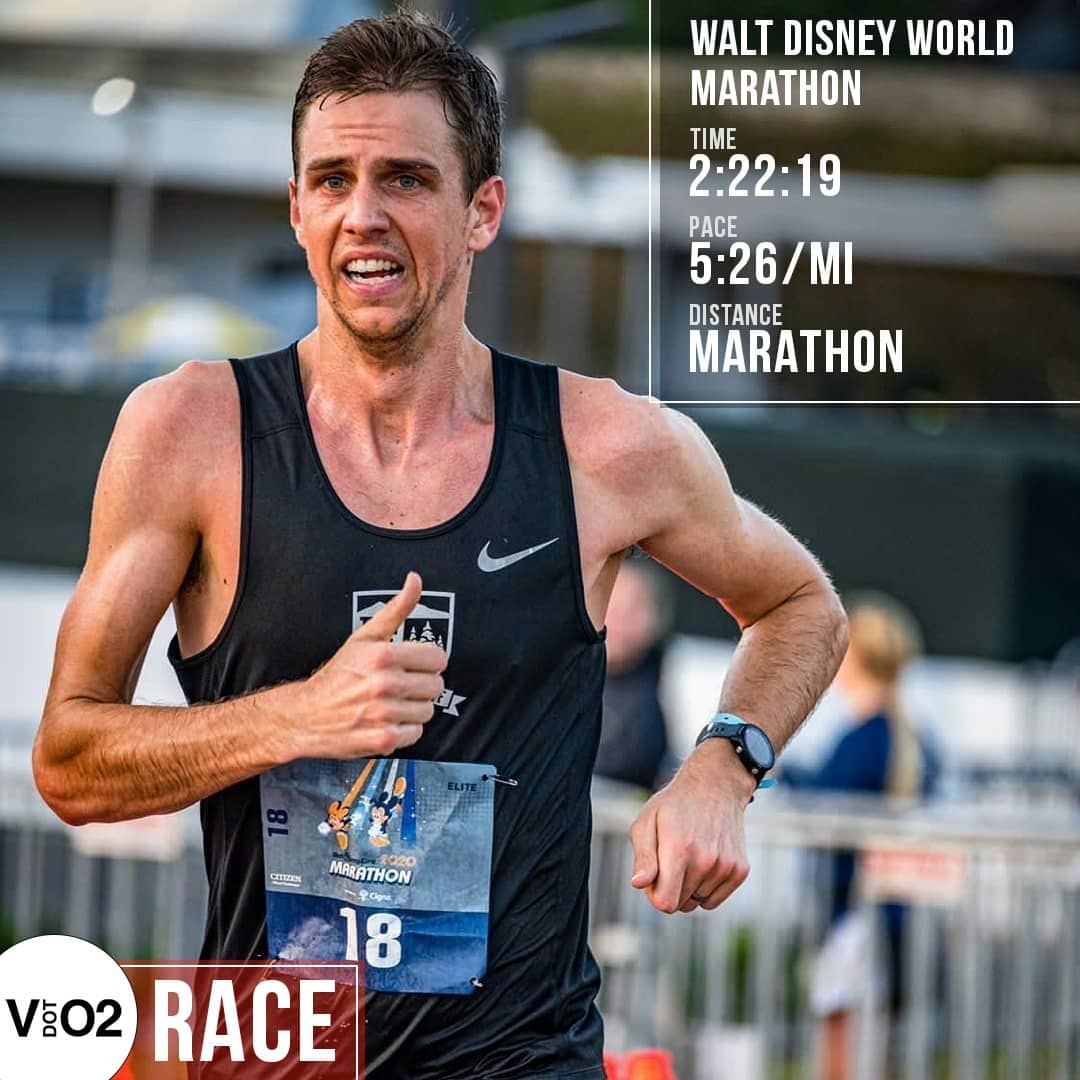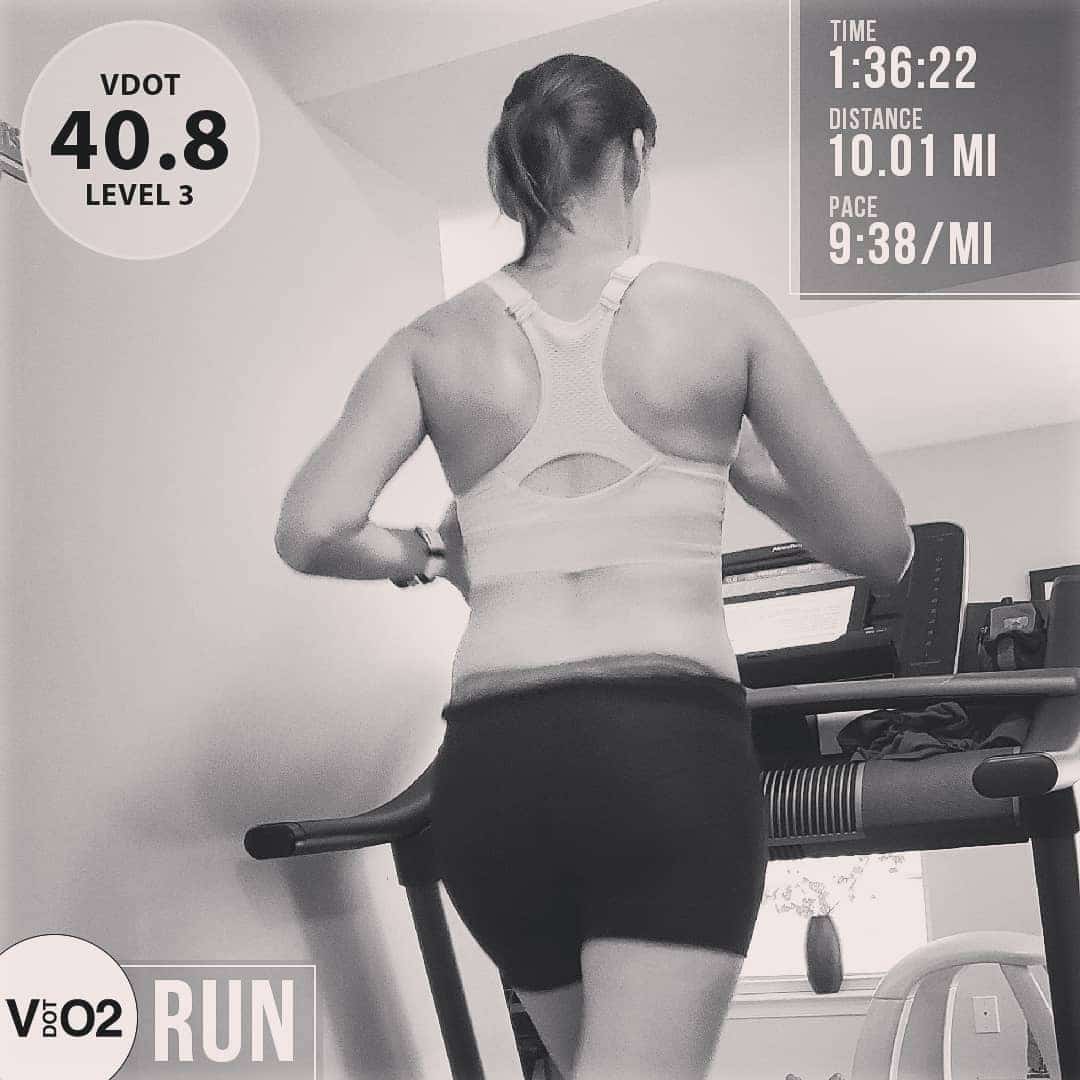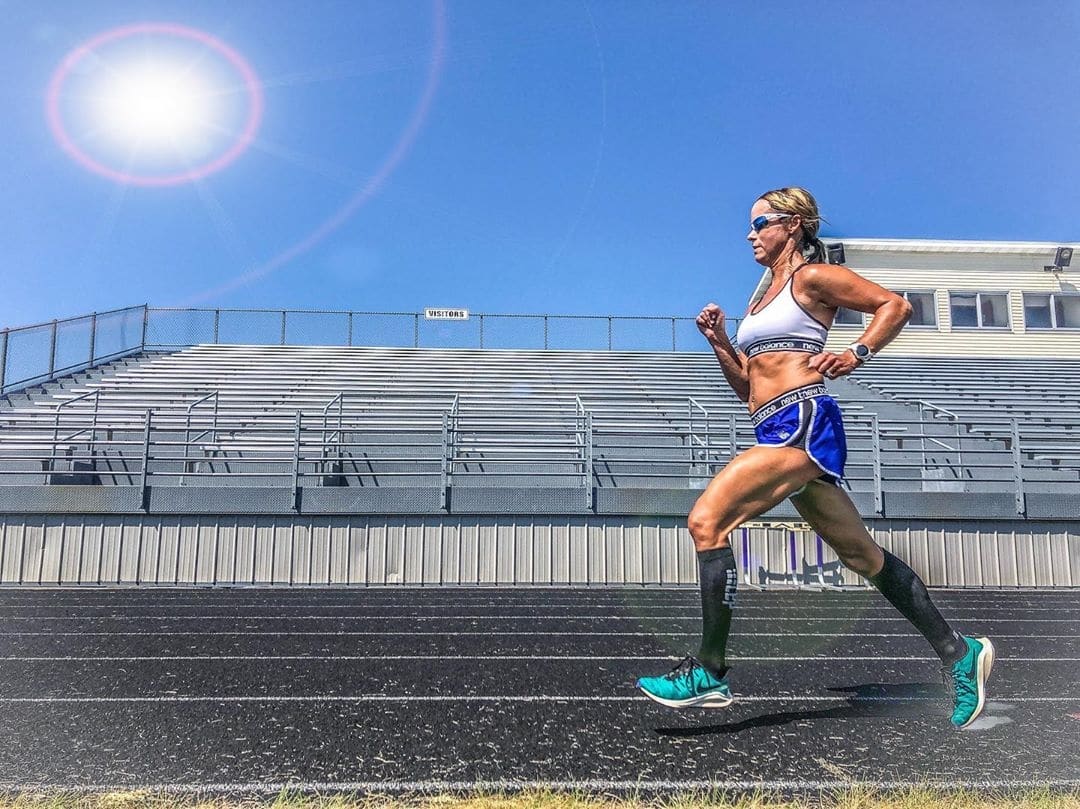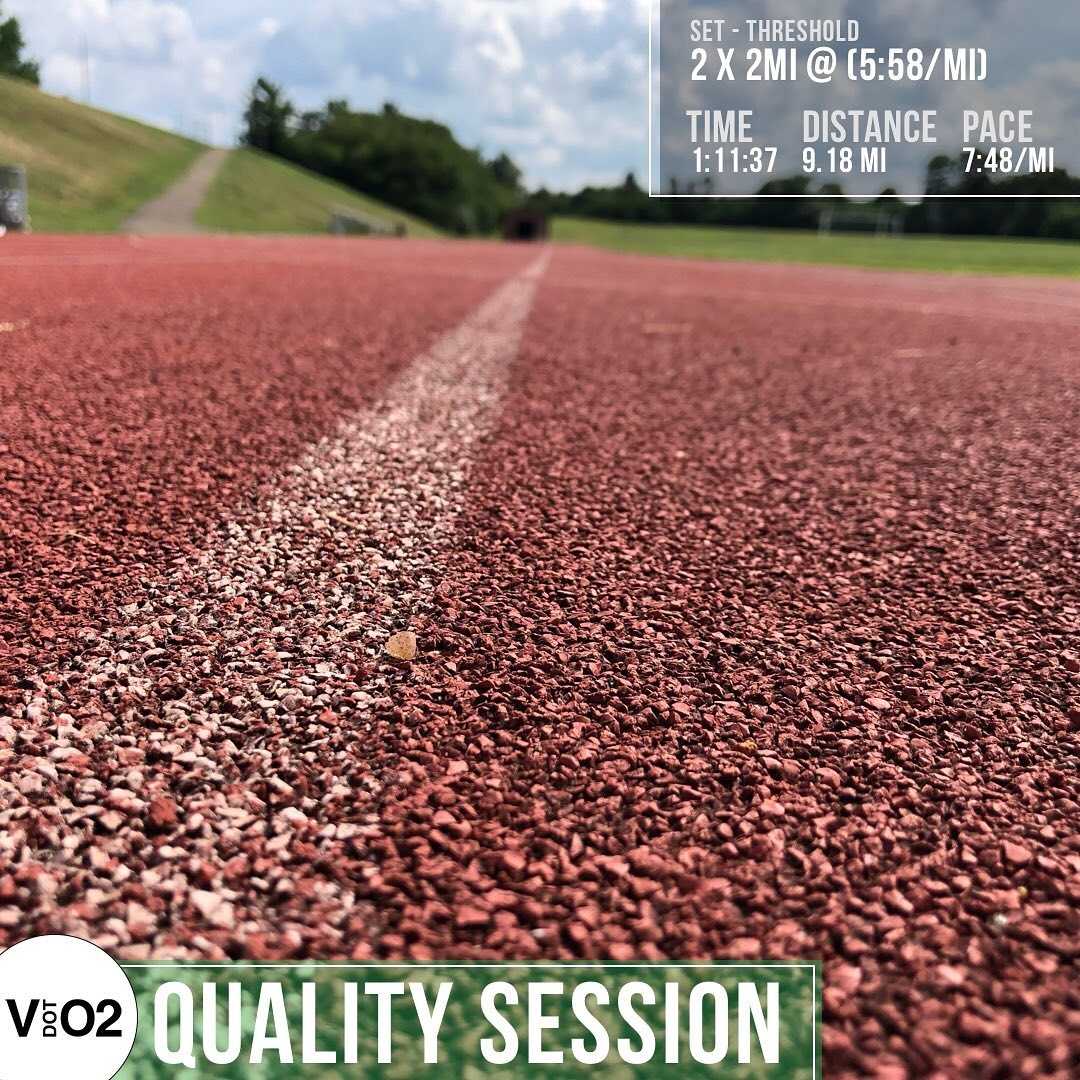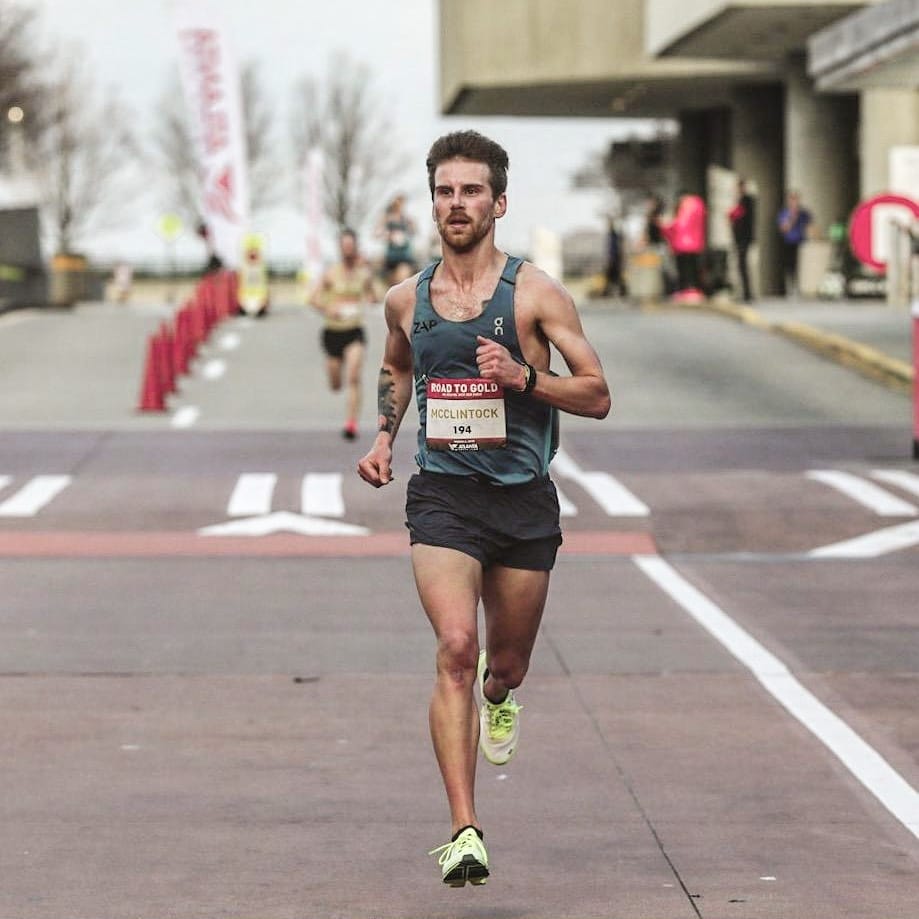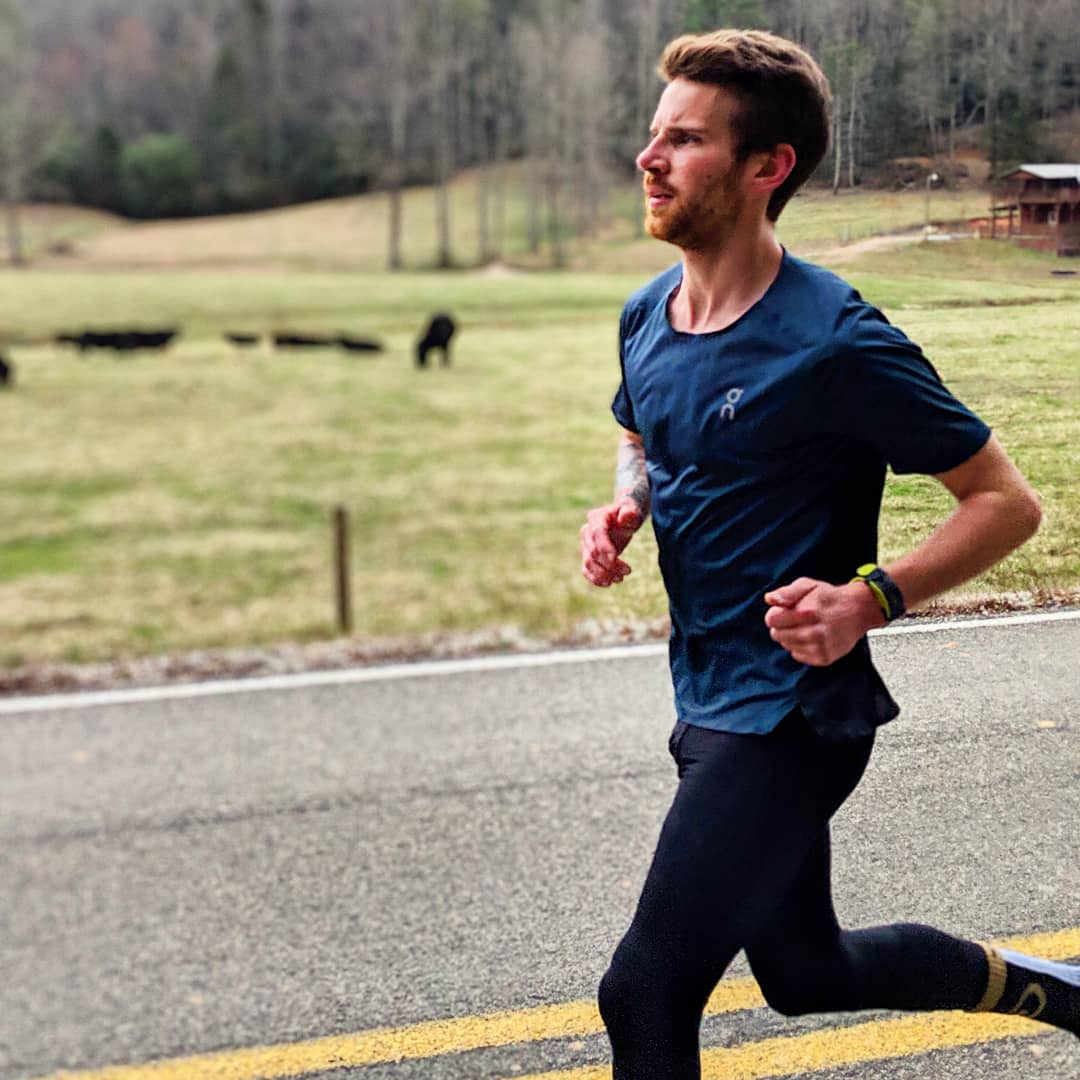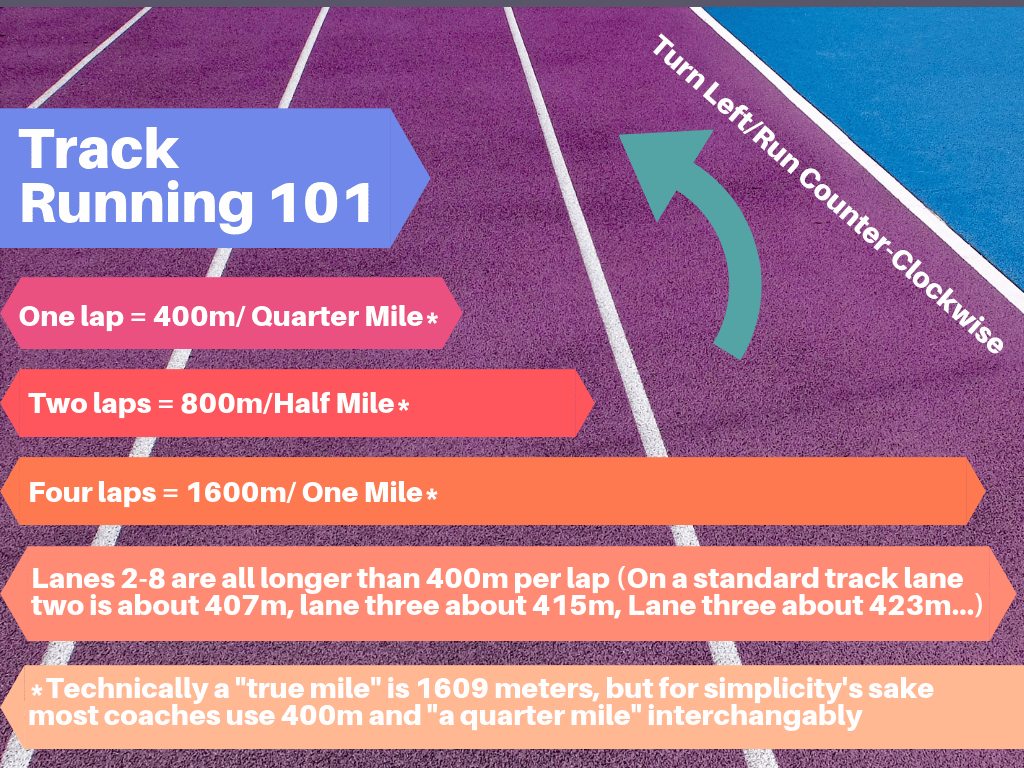Nick Hilton Wins The Disney Marathon
On a very warm/humid day VDOT Coach Nick Hilton took home his second victory at the Disney Marathon with a negative split. We asked Nick how he adjusted his strategy and managed the conditions in the race so well: Knowing that it might be warm and humid in Orlando, and since I live in a [...]
